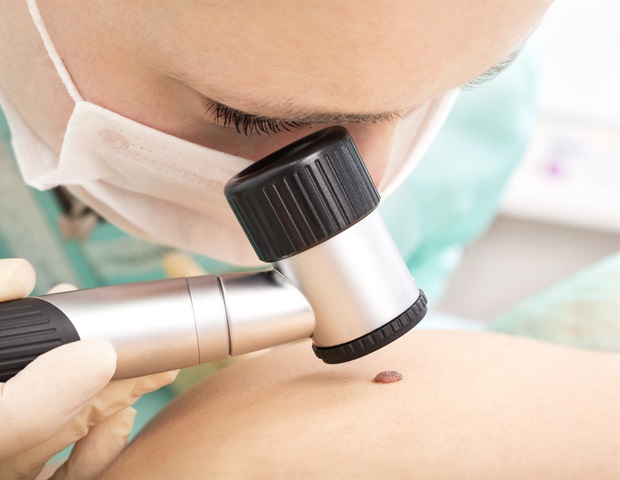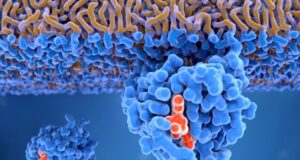
Announcing a new publication for Acta Materia Medica journal. Epithelial cell adhesion molecule (EpCAM) is a biomarker for epithelial cell-derived tumors. However, the specific role of EpCAM itself in early-stage hepatocellular carcinoma progression remains unclear, and small molecules targeting EpCAM have not yet been reported.
This article discusses how the protein expression profile of EpCAM in tumor-adjacent regions was found to be higher than that in tumor regions, and to be positively associated with the progression of early-stage liver cancer, as well as high frequency of recurrence, cirrhosis, lymph node metastasis, microvascular invasion and cancer stemness, in 68 patients with hepatocellular carcinoma (HCC). In vitro, EpCAM enhanced cancer cell stemness, as reflected by increased abilities of proliferation, self-renewal, migration and invasion, which was counteracted by arenobufagin. Furthermore, arenobufagin inhibited the viability of Hep3B and Huh7 cells with IC50 values of 36.4 nM and 123.4 nM after 72 h of treatment, respectively.
Molecular docking data further indicated that arenobufagin binds EpCAM. Moreover, arenobufagin inhibited early progression of HCC through EpCAM in a zebrafish xenograft tumor model mimicking early-stage hepatocellular carcinoma without blood vessels in vivo. This study supports a tumor-promoting role of EpCAM in early-stage hepatocellular carcinoma by facilitating cancer stemness and suggests that arenobufagin might be promising candidate for EpCAM inhibition.
Source:
Journal reference:
Deng, L., et al. (2025). Arenobufagin suppresses the progression of early-stage hepatocellular carcinoma by inhibiting EpCAM-mediated tumor stemness. Acta Materia Medica. doi.org/10.15212/amm-2024-0064.




